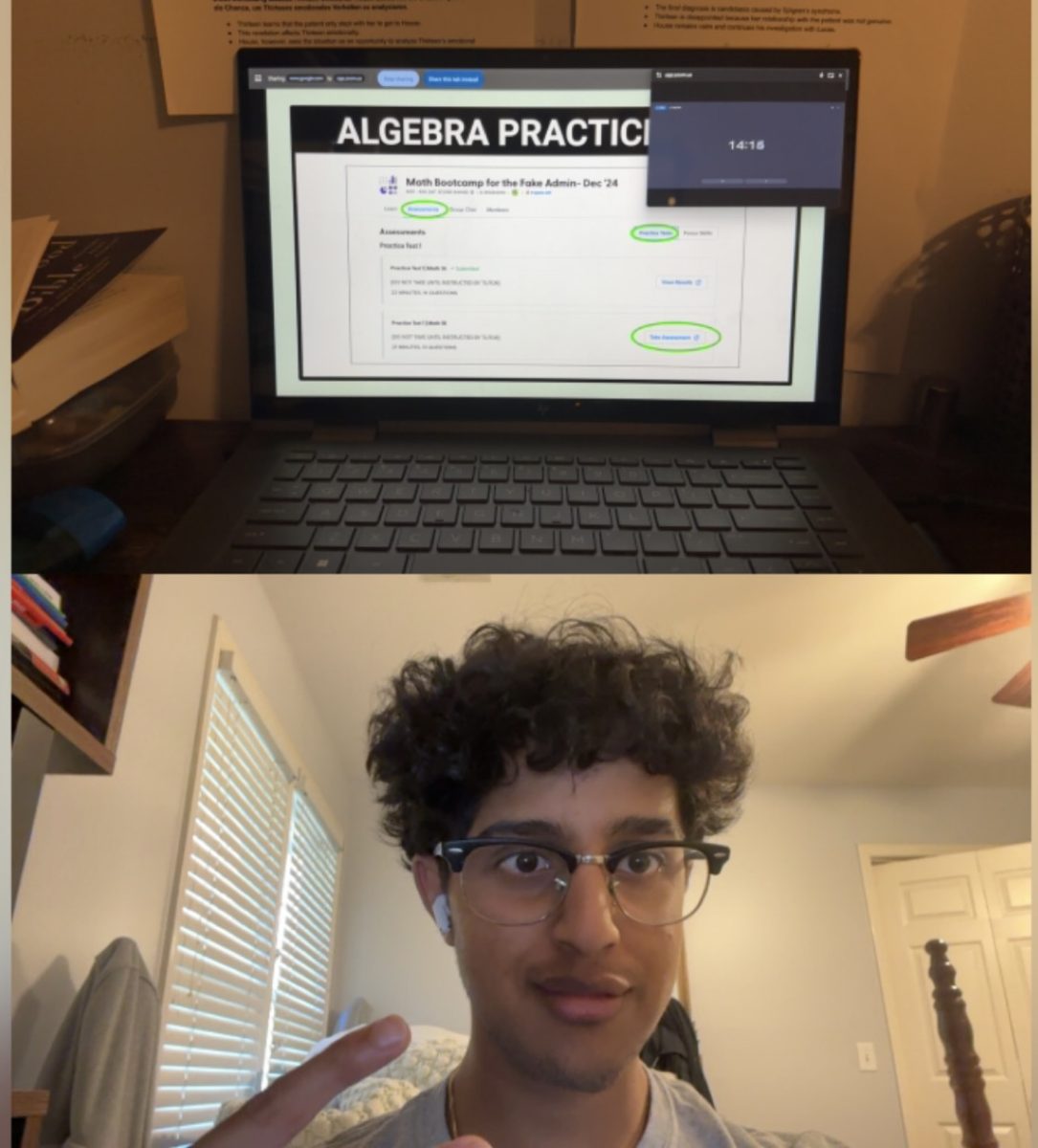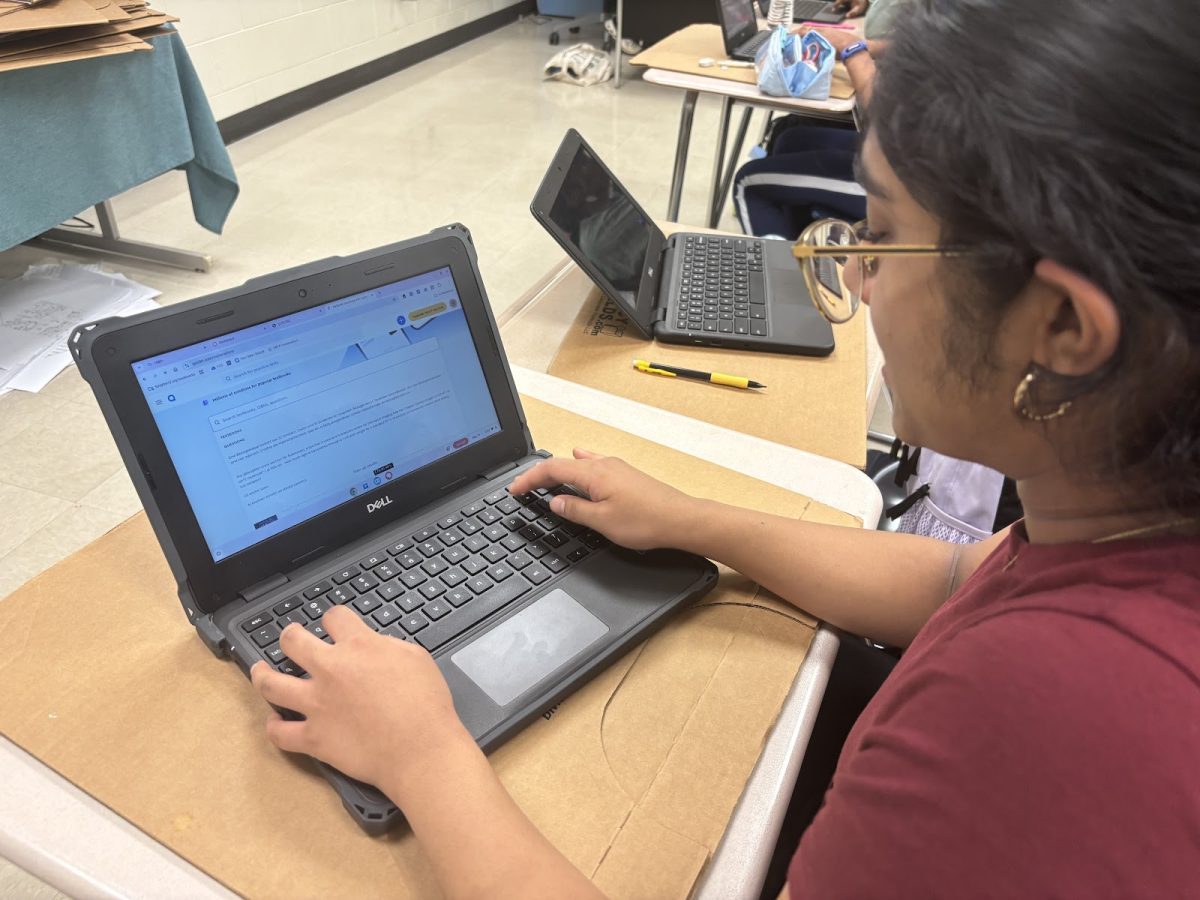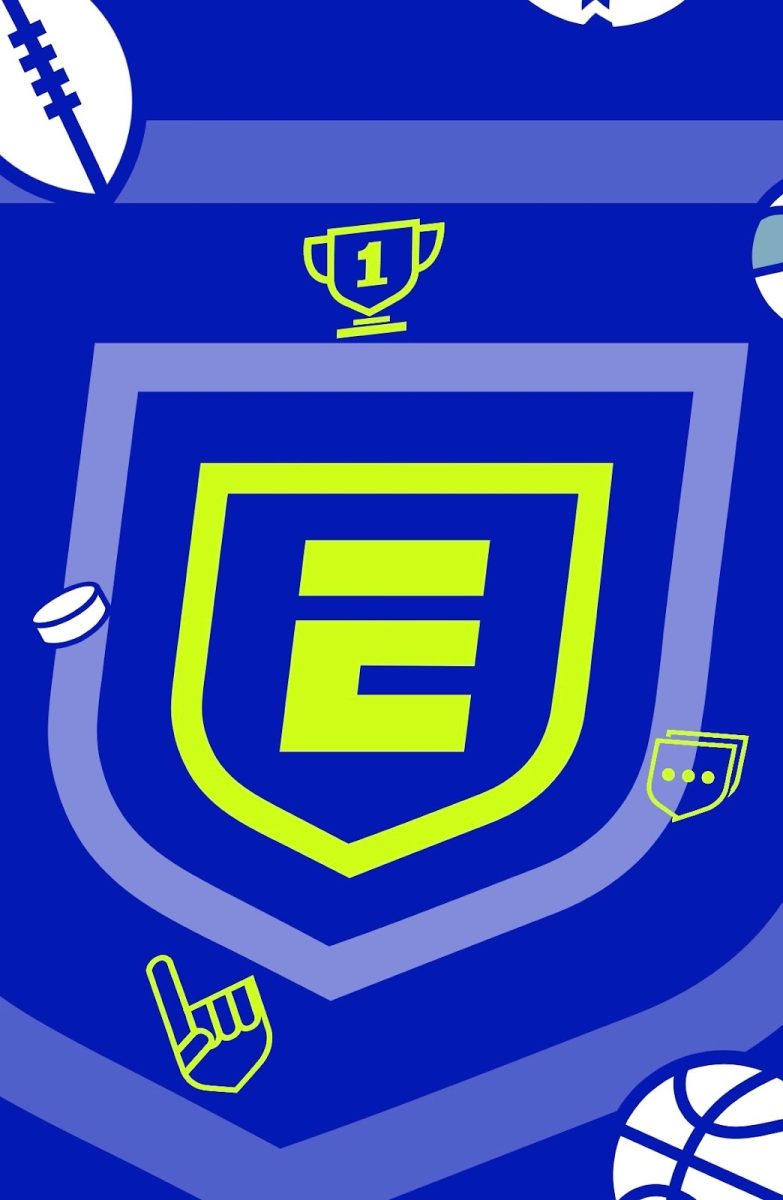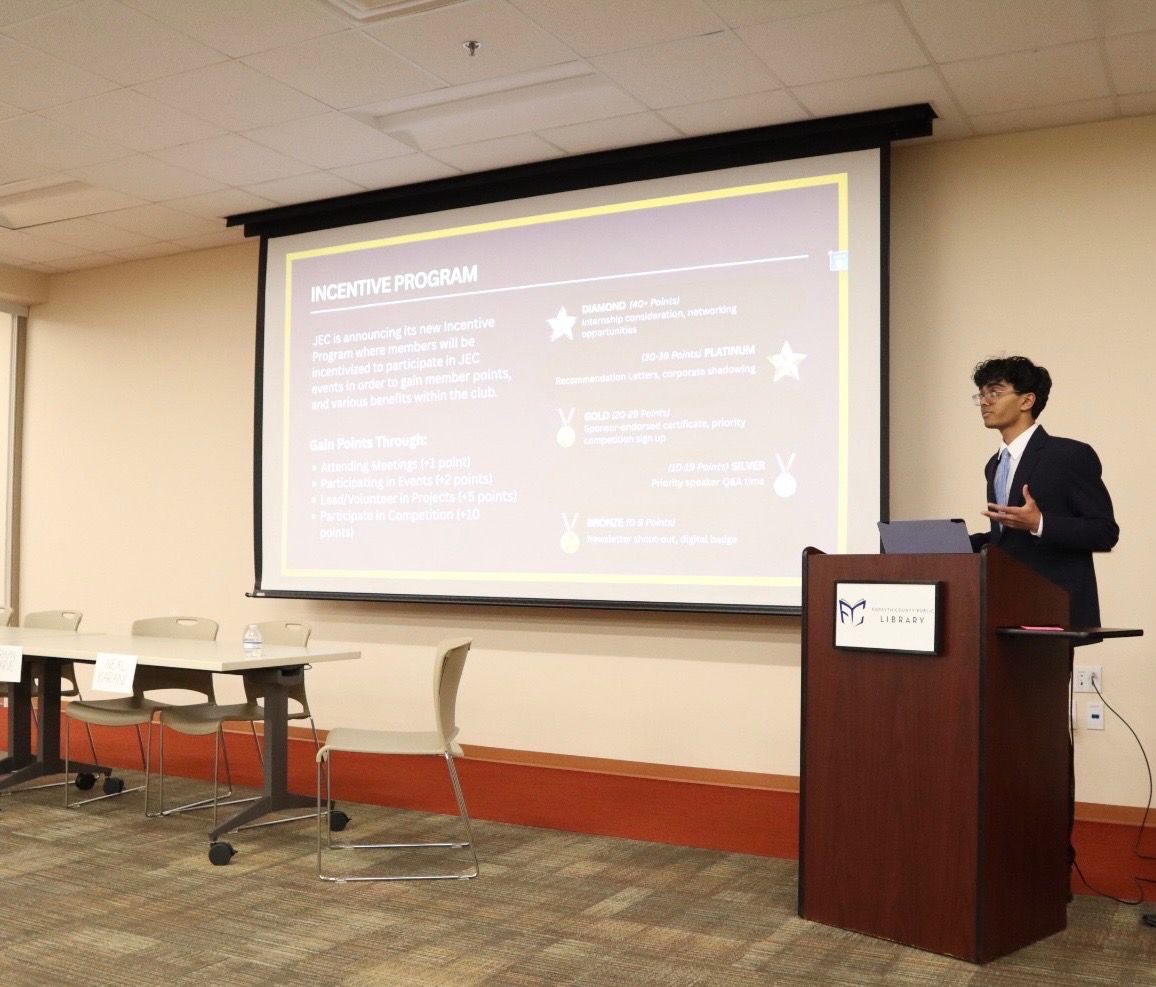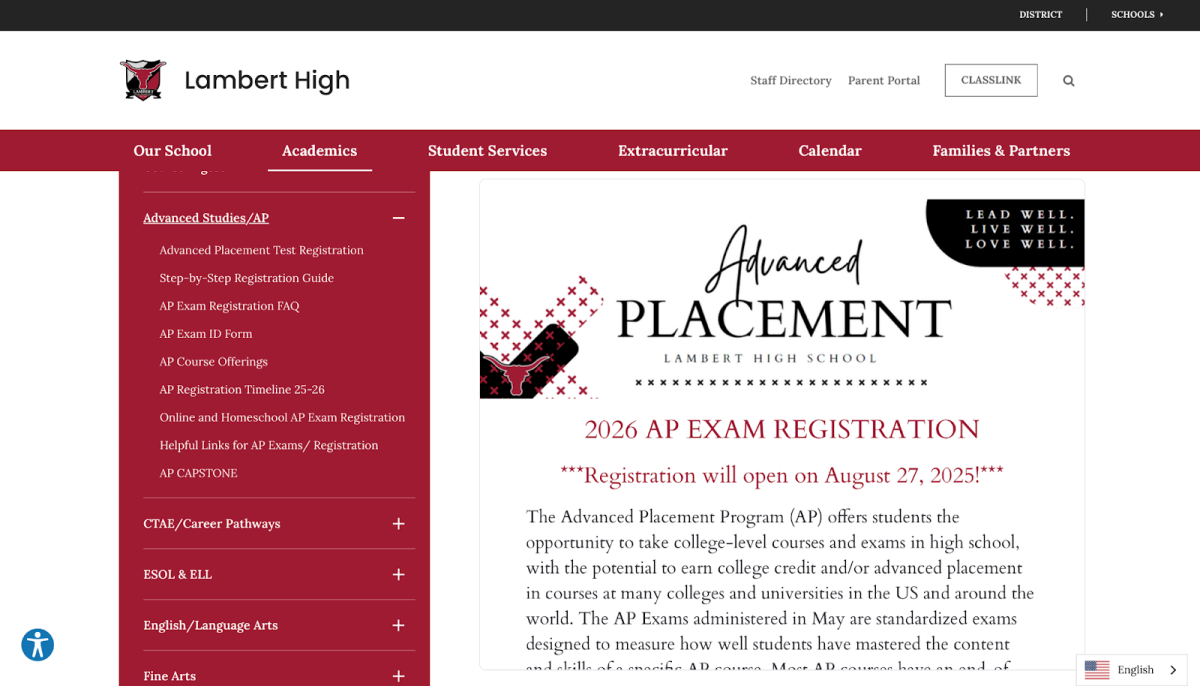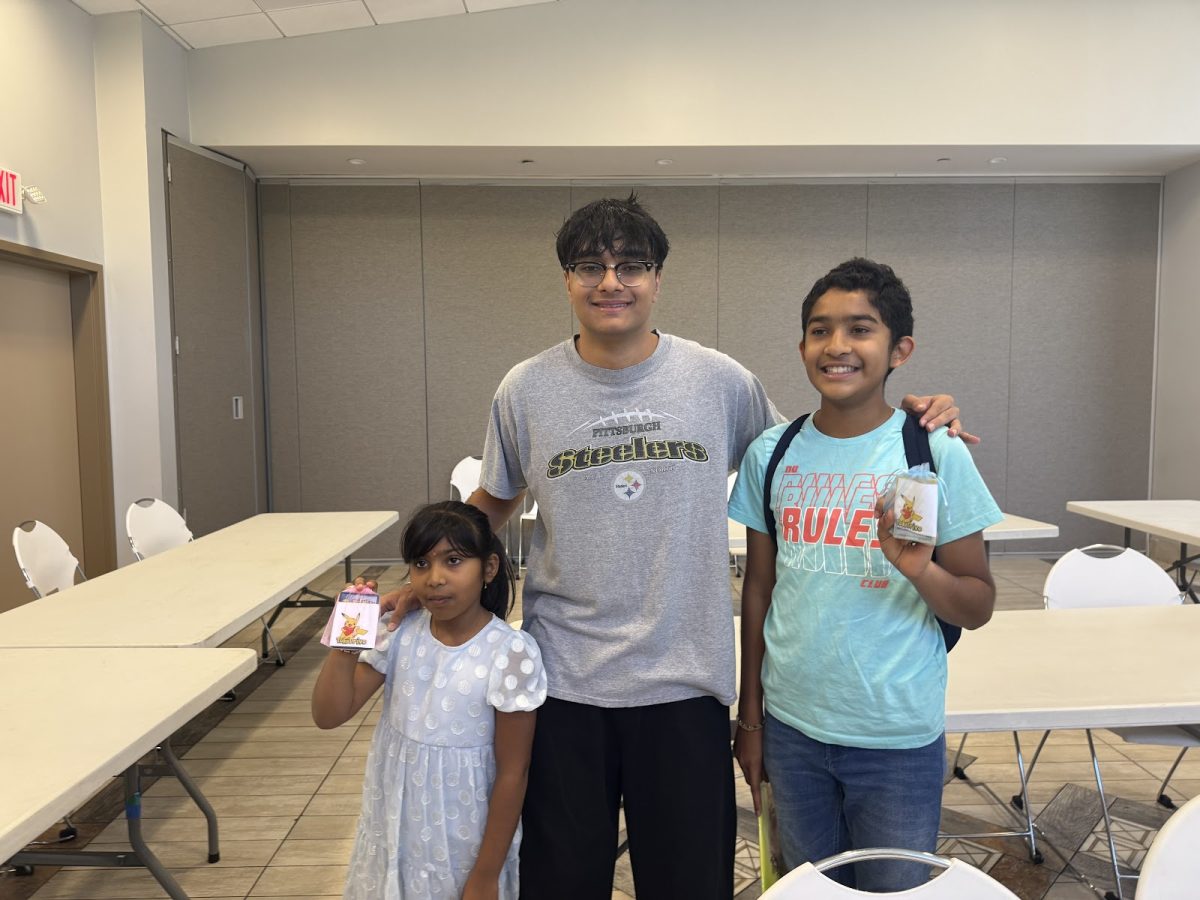
Lambert High School has always been known for its high standards when it comes to academics, and this reputation has only intensified over the years. This phenomenon is nowhere near as prevalent as it is among rising freshmen making the jump to high school. These students, while eager for academic success in their next four years, often have misconceptions about just how much they can accelerate and accomplish when it comes to coursework. This issue has contributed to significant stress and confusion among members of the student body, with all aiming to reach the top, but a great deal of spin around how to actually get there. Additionally, further phenomena such as the overload of Georgia Virtual School (GAVS) courses and new class progression changes have only compounded this sentiment, making this academic competition even more intensive on students.
One such misconception with courses includes the notion of taking a block schedule when it comes to freshman-year math. Many incoming freshmen, especially those in the ‘Accelerated’ pathway, believe that they can combine the typical 9th-grade ‘Accelerated Geo B/Alg II’ with the latest addition ‘AP Precalculus,’ a challenging college-level class that requires more advanced fundamentals.
Clearly, these misconceptions not only cause confusion among the student populace but also contribute to a decline in course success due to unhealthy progression. In order to reach these higher-level courses earlier than expected, students are pressured to take classes over the summer and speed up their learning, which often results in a lack of fundamental understanding of various concepts. While this gets them into the classes they desire, this often results in a significant struggle in said courses, which only results in a greater chance of failure despite being in these accelerated classes.
Additionally, this issue of course acceleration, often over GAVS, is creating more implications than just course failure – students are failing to get into top colleges due to the ‘inflated GPA’ conundrum that plagues college admissions. While they may be taking the hardest classes possible, the most demanding schedules and the most AP-heavy workloads, students are consistently failing to gain admission to the top universities of their choice despite being academically overqualified compared to many of their peers. Top universities in recent years have begun to see through this illusion of virtual classes, as these courses do not show a clear indication of a student’s ability to succeed in the material. In fact, it shows quite the contrary – students not only failed to truly demonstrate their knowledge by taking the class online but likely cheated their way to the grade online as well.
“While we may have higher GPAs and more APs taken compared to other students in the state or the country when you compare it to other students at Lambert, it doesn’t stack up,” Lambert junior Manu Sankaran explained. “Colleges can also see through the virtual classes and the inflated GPAs, which makes it even harder to get into the best schools.”
The GAVS issue has a twofold effect in this case – it makes even the most academically competitive of students at Lambert appear average compared to those with highly inflated GPAs, causing students to push themselves with more virtual classes and heavier workloads. This sobering reality has hampered students’ college dreams and simultaneously made it more difficult to stand out compared to their peers academically, which illustrates the significance of addressing this issue of GAVS acceleration.
Furthermore, the latest administrative changes at Lambert to the course progression for students have introduced new variations for rising freshmen. For instance, the language pathway for Spanish makes it so that students take a block schedule of Spanish at least once during the course progression, with Spanish I/II, Spanish II/III, and Spanish III/IV all serving as options for students to choose from. This not only requires students to take at least one block schedule in order to reach the AP Spanish classes, which are extremely language-intensive and require fluency in the language but also to give up an extra period in their schedule just to finish the base-level courses in the pathway.
“It’s a good option if you really like Spanish or another foreign language,” Lambert junior Samanyu Badam said. “But if you’re still trying to figure out your classes and what you like, it could take up extra space in your schedule over something you might not enjoy.”
While the block option is a great fit for students passionate about the language, it forces them to cram fundamental knowledge into a packed block schedule and dictates that they give up another class period just to finish their requirements. This can make scheduling and course selection difficult for many freshmen who may still be figuring out their passions and interests, thus depriving them of a potential opportunity to truly find their niche in high school. Thus, how students attempt to navigate this changing academic landscape will be a talking point that will come to characterize Lambert’s environment for future classes.




